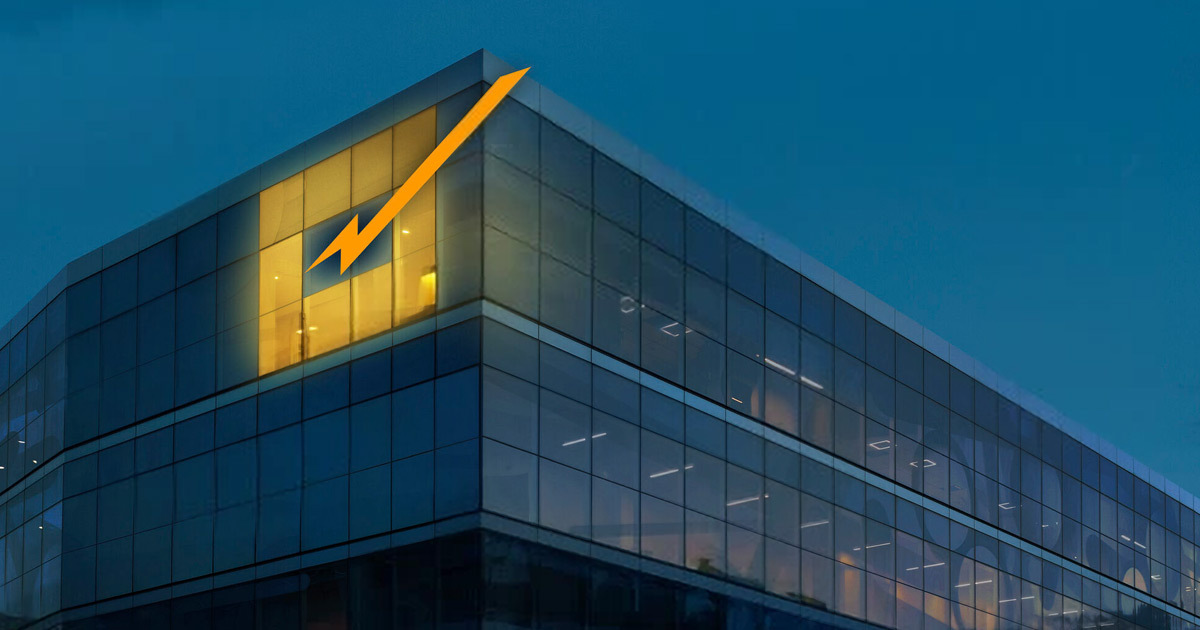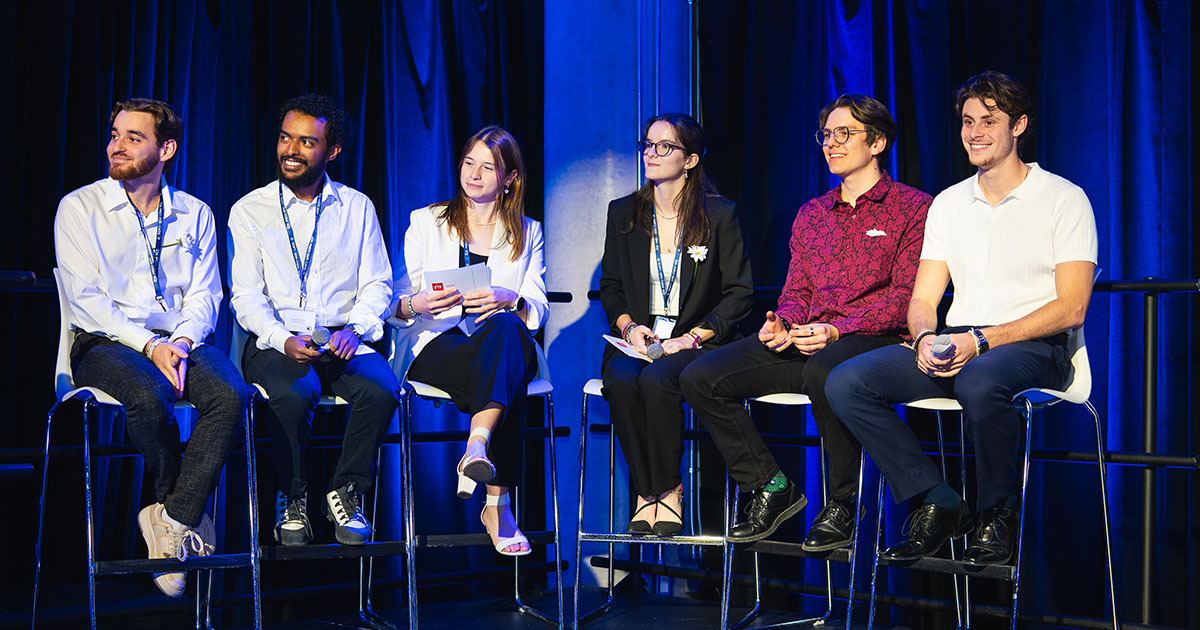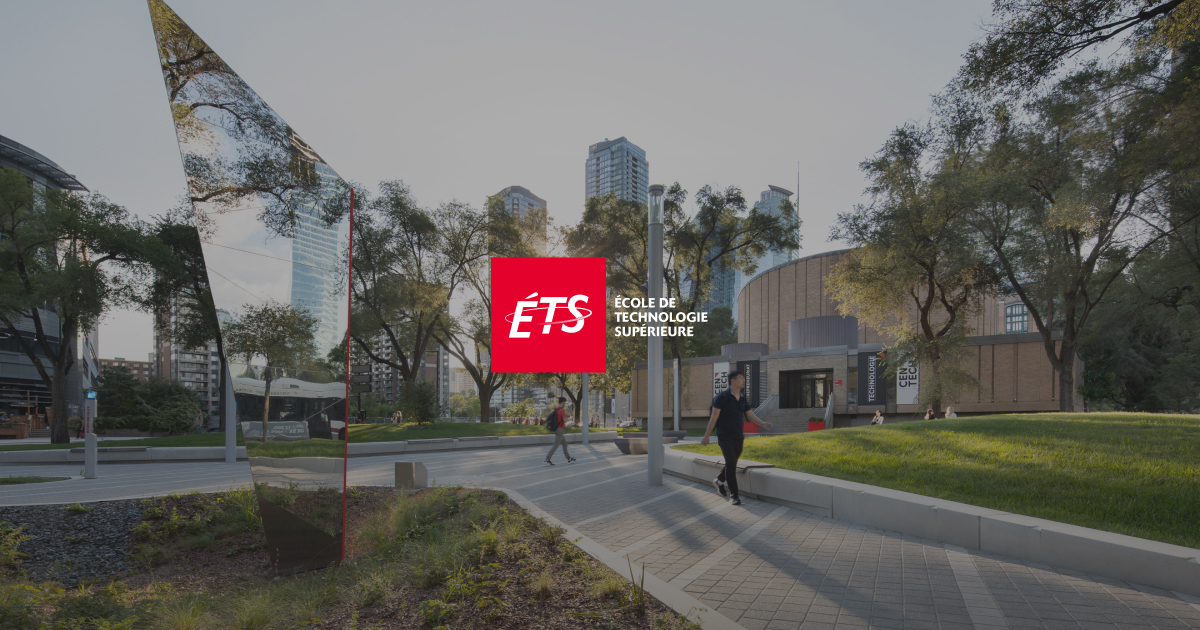Reducing Pollutant Emissions Through Fuels and Technology
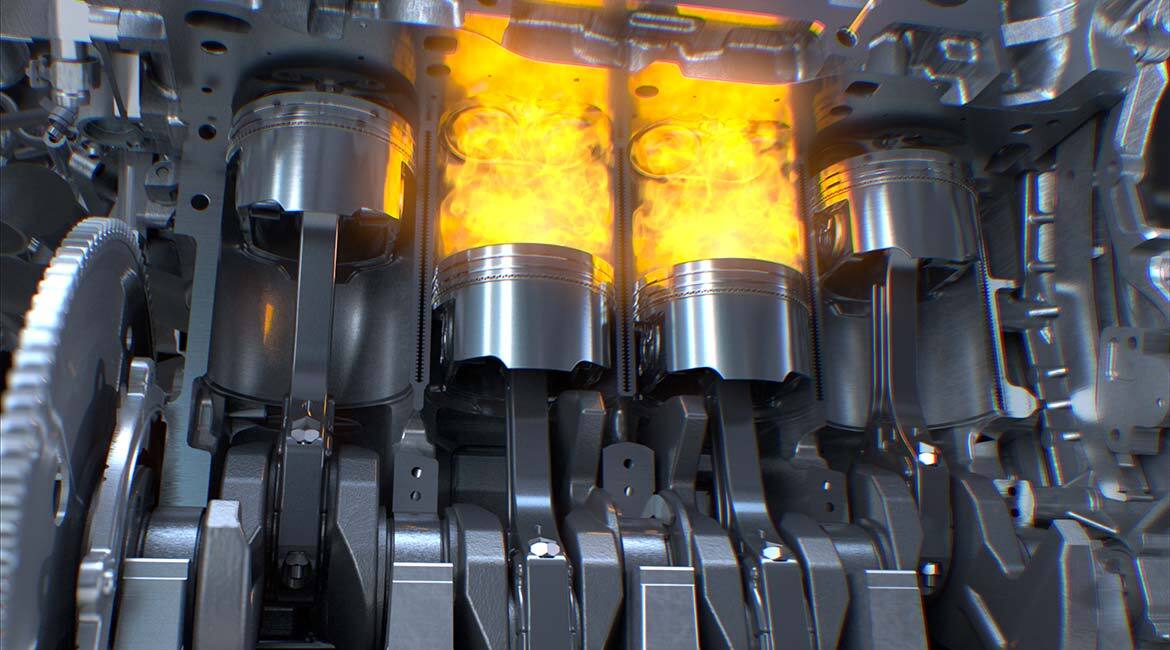
Purchased from Istock.com. Copyright.
Patrice Seers, research professor in the Mechanical Engineering Department at ÉTS, has always been fascinated with combustion. His areas of research include energy in ground transportation and the aerospace industry.
His work focuses on phenomena linked to combustion, mainly internal combustion engines and porous burners, but his expertise extends far beyond that and includes such topics as direct-injection engines, liquid and gas alternative fuels (alcohol, biodiesel and biogas), numerical simulation of reacting flow, pollutant emissions, fuel spray, etc.
Internal combustion engines and porous burners
The way in which biofuels react in internal combustion engines and the study of new molecules with strong potential are at the heart of Dr. Seers’ research interests. In fact, part of his research, done in collaboration with colleagues working in the materials field, is focused on porous burners. Using a sophisticated manufacturing technique, they have come up with a new design for burners, which would substantially reduce pollutant emissions – a promising avenue for further research.
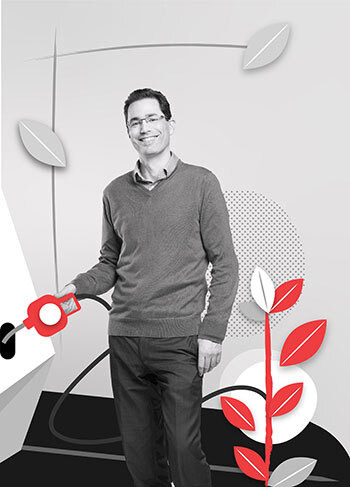
Patrice Seers, professor at ÉTS
His work has led him to develop innovative engine technologies, in particular a new approach to exhaust gas recirculation (EGR) using stratification, which should improve engine performance. An invention disclosure has been submitted for this technology. Using experiments and simulations, Professor Seers also studies complex phenomena linked to the formation of the fuel-air mixture and the combustion process in direct-injection spark ignition (DISI) engines. By identifying the physical properties of the injected fuel, it is possible to recommend injection strategies that have the potential to increase engine performance.
In this era when we are seeking ways to diversify energy sources, biofuels will undoubtedly play an important role. So Dr. Seers is working hard to better understand the influence of the properties of biofuels so we can adapt existing internal combustion engines and determine which biofuels have the desired properties. He underscores the importance of choosing plants that are not food sources – one of his ongoing concerns.
Training future researchers
Patience and an impeccable research methodology are key for any scientist who wishes to truly understand how things work. This is Patrice Seers’ approach as he seeks to reduce the potential impacts of engines on the environment and to assess a range of potential fuels in order to find an alternative to conventional ones.

